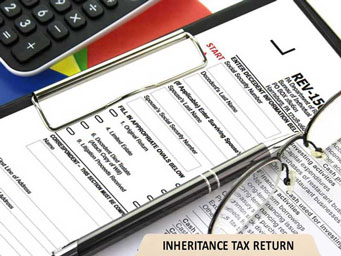Inheritance Tax Return
Filing the Pennsylvania Inheritance Tax Return exists as one of the more detailed aspects of Estate Administration. Pennsylvania collects a separate state inheritance tax on certain property. Items subject to tax include property owned by a Pennsylvania residents. Assessments of tax occur against non-residents as well, notably in cases where a non-resident owned real estate and/or tangible personal property located in Pennsylvania. The applicable tax depends on the relationship of the beneficiary to the decendent.
>Pennsylvania Inheritance Tax Return:
- Real Estate
- Bank Accounts
- Stocks and Bonds
- Receivable Loans or Notes
- Jointly Held Property
- Personal Property
Various deductions offset potential tax liabilities. Some examples of deductions include: funeral expenses, attorney’s fees, fees paid to personal representatives, estate expenses and the decendent’s debts.
An estate attorney effectively navigates the various issues involved in filing the PA Inheritance Tax return.
Federal Estate Tax, Form 706
The requirement to file a federal Estate Tax return depends on the gross value of the decendent’s estate. Federal legislators dictate the minimum amount; it jumped from $650,000 per person in 2001 to $5.49 million per person in 2017. For estates that possibly reach the threshhold, conferring with counsel is advisable, as Form 706 filings present a multitude of issues and potential consequences.
Date:
August 18, 2017
Category:
Attorney Services
